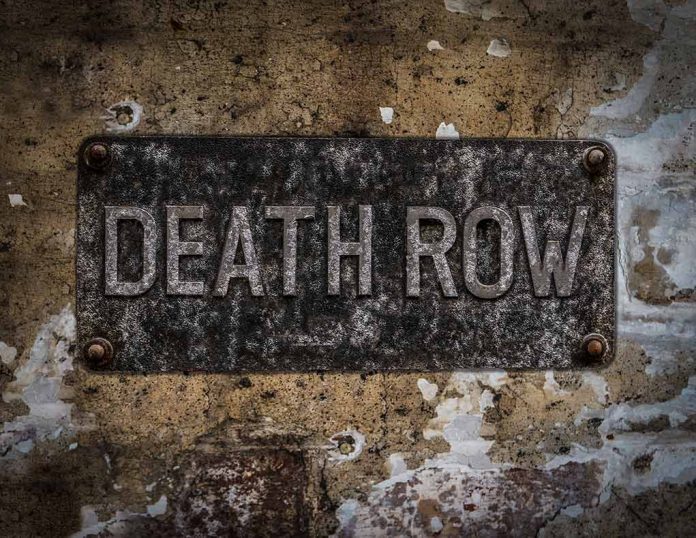
(NewsSpace.com) – In September 1998, an 85-year-old woman, Escolastica Harrison, was murdered in her Texas mobile home. Police charged three people with the crime. One is still on the run, another was sentenced to life in prison, and the third was sentenced to death. Ruben Gutierrez narrowly avoided the lethal injection when the Supreme Court got involved and recently granted him an emergency stay.
Details of the Case
Harrison was found in her home, beaten to death. The motive behind her killing was determined to be money, as she reportedly kept more than $500,000 in cash in her house because she didn’t trust banks. Three people were charged in her death: Pedro Garcia, Ruben Gutierrez, and Rene Garcia. René Garcia was convicted and sentenced to life in jail, but Pedro Garcia remains on the run.
Over the past few decades, Gutierrez has maintained that he did not enter the woman’s home, nor did he know she would be harmed. His attorneys contend that he was convicted under the state’s law of parties, which allows for people to be held criminally responsible for the actions of others, even if they weren’t directly involved in the crime at hand.
Gutierrez’s legal team filed a petition to allow for the DNA testing of “biological evidence collected at the crime scene to establish” his innocence. This evidence includes loose hair found wrapped around Harrison’s finger and nail scrapings. Yet, the Cameron County district attorney and Texas attorney general argued that the state law does not allow someone to avoid the death penalty after a conviction, and therefore denied his requests.
Supreme Court Ruling
The Supreme Court’s ruling came just in time, 20 minutes before Gutierrez was to be given the lethal injection. It issued an indefinite stay, which is extremely rare. For instance, last year, the high court received 26 requests to stay executions, but only granted one of them. Between 2013 and 2023, the Supreme Court only granted 4% of the requests it received.
After hearing the news, Gutierrez was extremely emotional, having covered his mouth and teared up. His attorneys hope that this ruling will now pave the way for DNA testing that he has been seeking for years.
Prosecutors, however, say that Gutierrez was rightfully convicted and there was enough evidence to do so, including a confession he made that he helped plan the robbery where Harrison died.
The justices will now decide whether to review his appeal request. If they decide against hearing it, the reprieve will immediately be lifted.
Copyright 2024, NewsSpace.com










